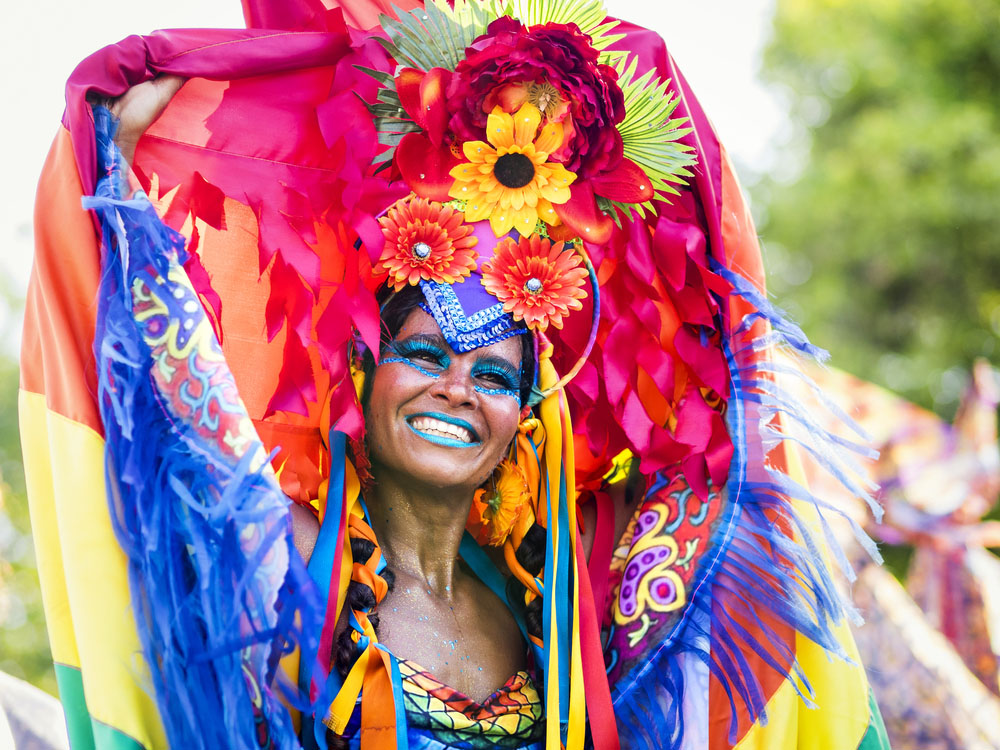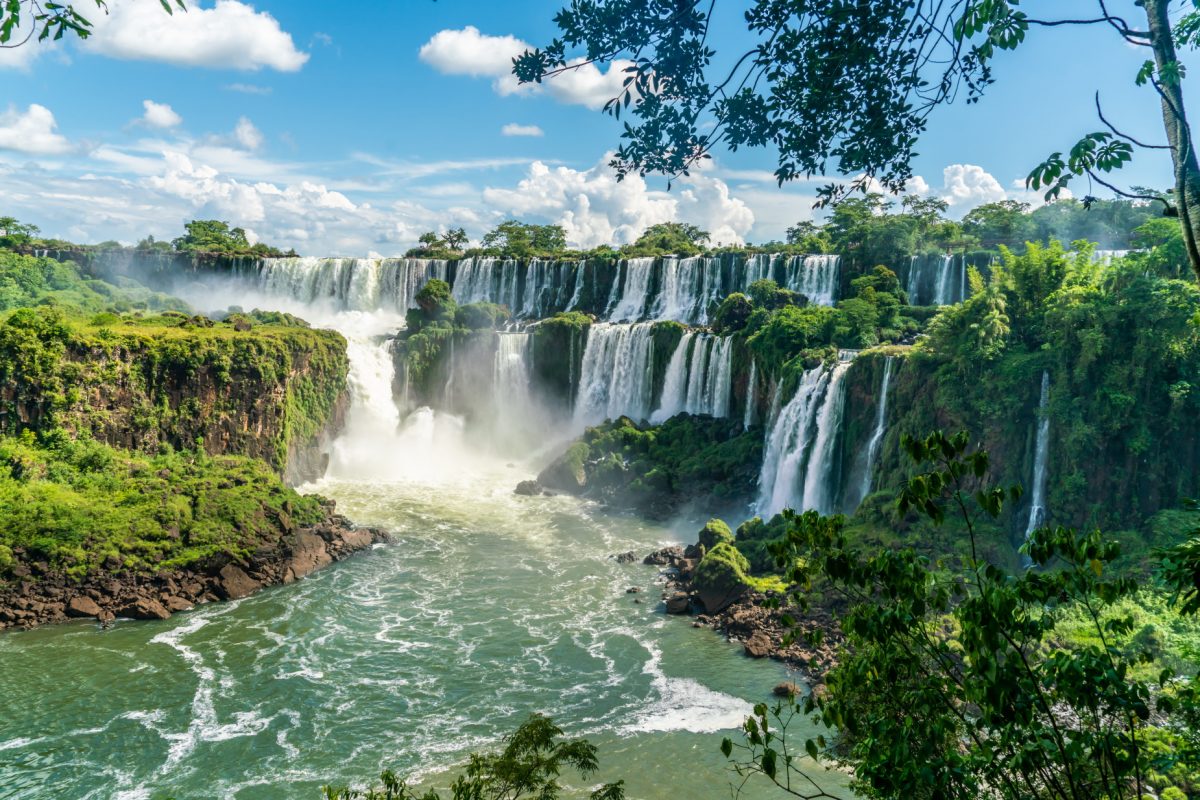Rio de Janeiro is famous for its vibrant festivals, which showcase the city’s rich culture and traditions. The city’s most famous festival is Carnival, a massive celebration held before Lent, but there are several other festivals throughout the year. From music and dance to food and drink, Rio’s festivals offer visitors a unique glimpse into the city’s rich cultural heritage. The following article will take you on a journey through the vibrant festivals of Rio de Janeiro, exploring their history, cultural significance, and economic impact.
Carnival in Rio de Janeiro
Carnival is Rio de Janeiro’s most famous festival, attracting visitors from all over the world. The festival’s history dates back to the 18th century, when European colonizers brought the tradition of Carnival to Brazil. Today, Rio’s Carnival is one of the largest and most famous in the world, with millions of people taking to the streets to celebrate.
The Carnival parade is the highlight of the festival, featuring elaborate floats, costumes, and performances by samba schools. The samba schools are community organizations that compete against each other, each with their own unique style and theme. The parade is a massive production, requiring months of preparation and organization.
Other Festivals in Rio de Janeiro
Rio de Janeiro has several other festivals throughout the year, each with its own unique traditions and celebrations. Reveillon, the New Year’s Eve celebration, is one of the city’s biggest events, with people flocking to the beaches to watch the fireworks and celebrate the start of a new year.
Festa Junina, the June Festival, is another popular festival in Rio de Janeiro, celebrating the Catholic feast days of Saint John the Baptist and Saint Peter. The festival features traditional foods, music, and dance, with bonfires and fireworks adding to the festivities.
Festa de Iemanjá, the Festival of the Sea Goddess, is another significant festival in Rio de Janeiro, celebrating the sea and its importance in Brazilian culture. The festival involves offerings of flowers, candles, and other gifts to the sea, with music and dance adding to the celebration.
The Significance of Music and Dance in Rio’s Festivals
Music and dance are an essential part of Rio’s festivals, particularly in Carnival. Samba music and dance are the primary focus of the Carnival parade, with each samba school showcasing their unique style and rhythm. Other traditional music and dance forms, such as forró and axé, are also prevalent in Rio’s festivals, adding to the city’s vibrant cultural landscape.
The cultural significance of music and dance in Brazilian society is immense, with music and dance forming an essential part of Brazilian identity. The rhythms and beats of samba and other traditional music forms have become synonymous with Brazilian culture, and are celebrated and enjoyed throughout the country.
Food and Drink in Rio’s Festivals
Food and drink play an important role in Rio’s festivals, with traditional Brazilian foods and drinks served during celebrations. Feijoada, a traditional Brazilian stew made with beans and meat, is a popular dish served during Carnival, as well as other festivals. Caipirinhas, a traditional Brazilian cocktail made with cachaça, lime, and sugar, are also a popular drink during festivals.
Food and drink play a crucial role in celebrating and socializing during festivals, bringing people together to enjoy traditional flavors and drinks. They are also an essential aspect of Rio’s tourism industry, with visitors often seeking out traditional foods and drinks as part of their cultural experience.
Tourism and Economic Impact of Rio’s Festivals
Rio’s festivals play a significant role in the city’s tourism industry, attracting visitors from all over the world. Carnival, in particular, is a massive draw for tourists, with the festival generating billions of dollars in revenue each year. Festivals also have a significant economic impact on the city’s businesses and residents, providing employment and opportunities for local vendors and artisans.
However, festivals also pose challenges in balancing tourism and preserving local culture. There are concerns about the impact of mass tourism on the city’s cultural heritage, with some arguing that festivals have become commercialized and losing their authenticity. Efforts to balance tourism and preserve local culture are ongoing, with initiatives promoting sustainable tourism practices and supporting local businesses and communities.
Conclusion
The vibrant festivals of Rio de Janeiro offer a unique glimpse into the city’s rich cultural heritage, showcasing its music, dance, food, and drink. From Carnival to Festa Junina and Festa de Iemanjá, the festivals are a celebration of Brazilian identity and traditions. The significance of music and dance in Brazilian culture, as well as the role of food and drink in celebrating and socializing, are also essential aspects of Rio’s festivals.
Tourism and festivals also have a significant economic impact on the city’s businesses and residents, but there are concerns about the impact of mass tourism on the city’s cultural heritage. Preserving and promoting the authenticity of Rio’s festivals is crucial to ensure that they continue to be a source of pride and celebration for generations to come.





